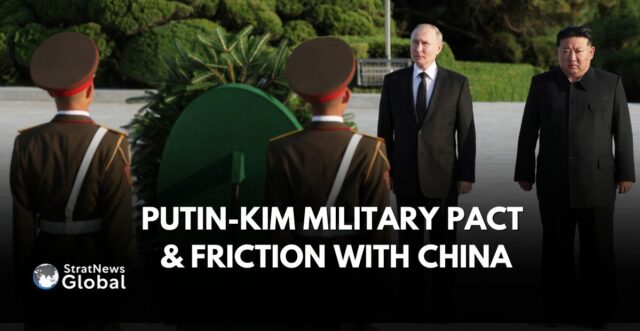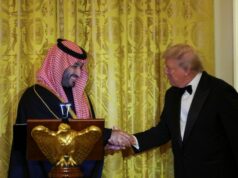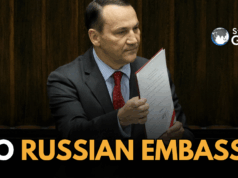Russian President Vladimir Putin’s new mutual defence agreement with North Korea could create friction with China, North Korea’s long-time ally. This view was expressed by Air Force General C.Q. Brown, chairman of the U.S. Joint Chiefs of Staff, on Sunday.
“We’ve got someone else who’s kind of nudging in now. So that may drive a little bit more friction between China and Russia,” General Brown told reporters during an overseas trip. He added, “So it’ll be interesting to see how this plays out.”
Implications of the Pact for China’s Influence
Analysts suggest the pact, signed on Wednesday, might weaken Beijing’s influence over its two neighbours. Increased instability in the region could negatively impact China’s global economic and strategic ambitions. On Thursday, Putin hinted that Russia might supply weapons to North Korea in response to Western arms support for Ukraine.
U.S. Concerns and Limitations of the Agreement
General Brown acknowledged U.S. concerns about the deal but pointed out apparent limitations. He expressed doubt that Moscow would give North Korea “everything” it wanted. U.S. officials believe North Korea seeks fighter aircraft, surface-to-air missiles, armoured vehicles, ballistic missile production equipment. And other advanced technologies from Russia.
“The feedback I have on the agreement — it was a broad agreement that’s not overly binding, which gives you an indication they want to work together but they don’t want to get their hands tied,” Brown said.
Details of the Treaty and Potential Impacts
The treaty signed by Putin and Kim Jong-un on Wednesday commits each side to provide immediate military assistance if either is attacked. Putin has said the cooperation with North Korea aims to deter the West, but there is no intention to use North Korean soldiers in Ukraine.
The United States and Ukraine claim that North Korea has already supplied Russia with significant quantities of artillery shells and ballistic missiles, which both Moscow and Pyongyang deny.
With Inputs from Reuters
Research Associate at StratNewsGlobal, A keen observer of #China and Foreign Affairs. Writer, Weibo Trends, Analyst.
Twitter: @resham_sng





